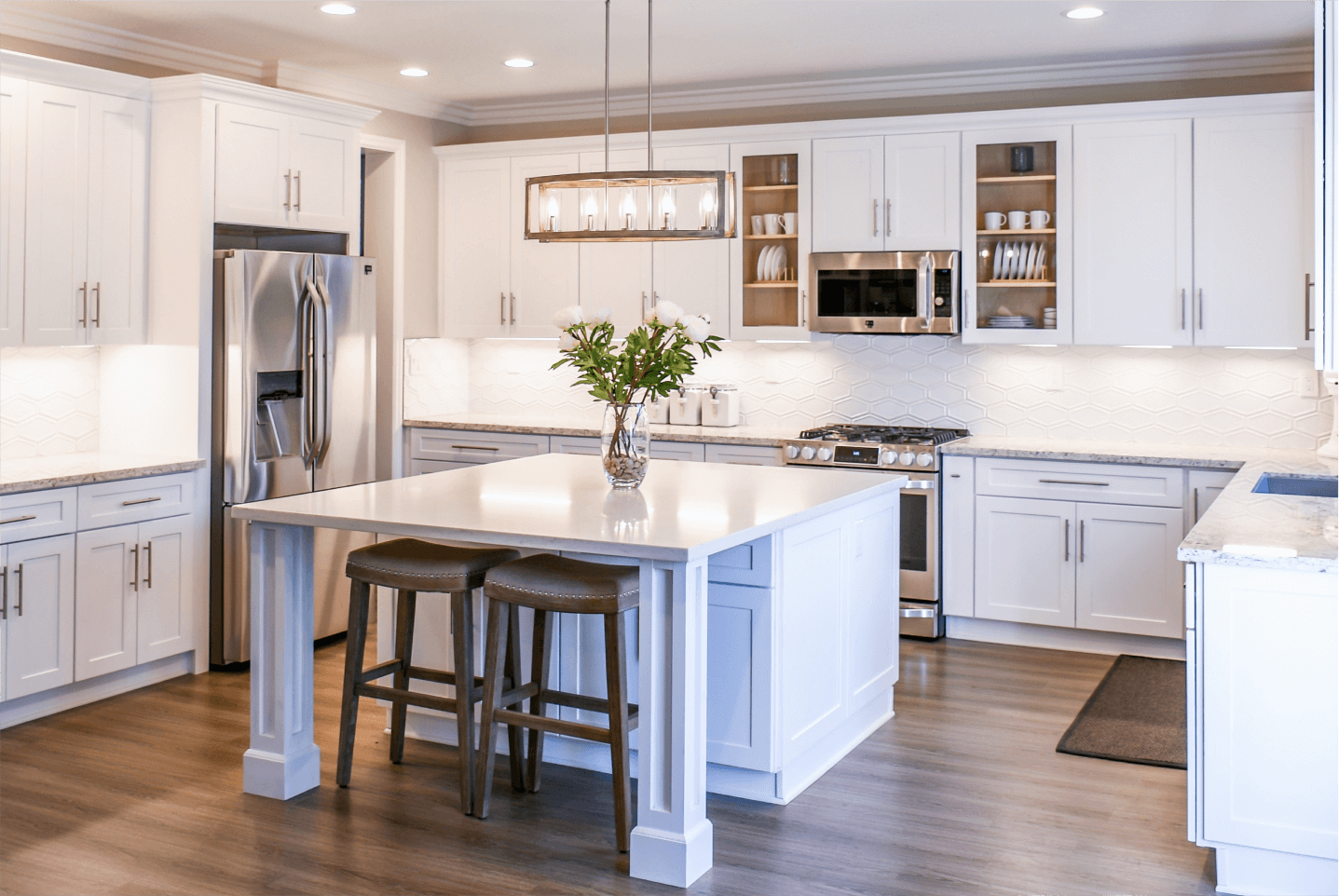Loan Program Options

Conventional Loans
A conventional loan is a type of loan that is not insured by the government. Conventional loans offer more flexibility and fewer restrictions for borrowers, especially those borrowers with good credit and steady income.

FHA Home Loans
FHA home loans are mortgages which are insured by the Federal Housing Administration (FHA), allowing borrowers to get low mortgage rates with a minimal down payment.

VA Loans
VA loans are mortgages guaranteed by the Department of Veteran Affairs. These loans offer military veterans exceptional benefits, including low interest rates and no ...

USDA RD
The USDA Rural Development Guaranteed Housing Loan Program offers low to moderate-income households the opportunity to purchase a home with no down payment, making homeownership more accessible to those in rural communities. Additionally, the program provides fixed interest rates and flexible credit requirements, making it an attractive option for eligible borrowers. With its focus on supporting rural development, this loan program plays a crucial role in expanding homeownership opportunities in less populated areas.



